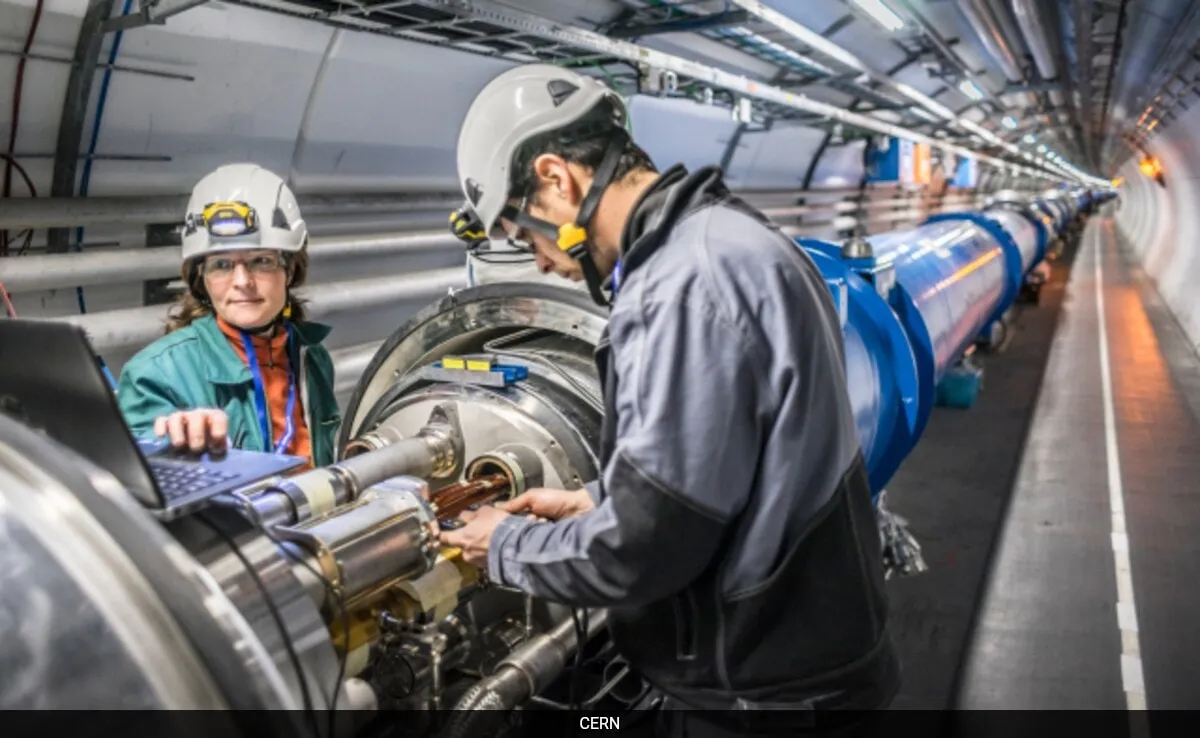
In a remarkable scientific achievement, physicists at the European Organisation for Nuclear Research, known as CERN, have successfully transformed lead into gold, albeit momentarily. This groundbreaking research occurred during high-energy collisions of lead nuclei within the Large Hadron Collider (LHC), where researchers observed the fleeting formation of gold nuclei, fulfilling an age-old alchemical aspiration through the lens of modern physics.
These experiments were conducted as part of the ALICE project, an initiative aimed at studying the fundamental forces and conditions present shortly after the Big Bang. In a paper published in Physical Review Journals, the ALICE collaboration provided detailed measurements that quantify the transmutation of lead into gold within CERN's LHC. This research not only sheds light on the process of nuclear transmutation but also enhances our understanding of the universe's early moments.
According to a release from CERN, the dream of transforming the base metal lead into the precious metal gold has captivated the imaginations of medieval alchemists for centuries. This long-standing quest, known as chrysopoeia, was likely fueled by the observation that dull grey lead, which is relatively abundant, shares a similar density to the coveted yellow gold. Gold has long been admired not only for its beautiful color but also for its rarity.
It was only much later in scientific history that researchers established that lead and gold are distinct chemical elements, rendering chemical methods incapable of transmuting one into the other. With the advent of nuclear physics in the 20th century, scientists discovered that heavy elements could transform into others through processes such as radioactive decay or in laboratory settings under neutron or proton bombardment.
While gold has been artificially produced in laboratories previously, the ALICE collaboration has now identified a new mechanism for the transmutation of lead into gold. This innovative process involves near-miss collisions between lead nuclei at the LHC, marking a significant advancement in our understanding of nuclear transmutation and the conditions necessary for such transformations to occur.
The successful transmutation of lead into gold, even if momentary, opens new avenues for research in nuclear physics and could potentially lead to further discoveries in the field. As scientists continue to explore the fundamental forces of nature, the implications of this research may extend beyond mere scientific curiosity, affecting our understanding of the universe itself.